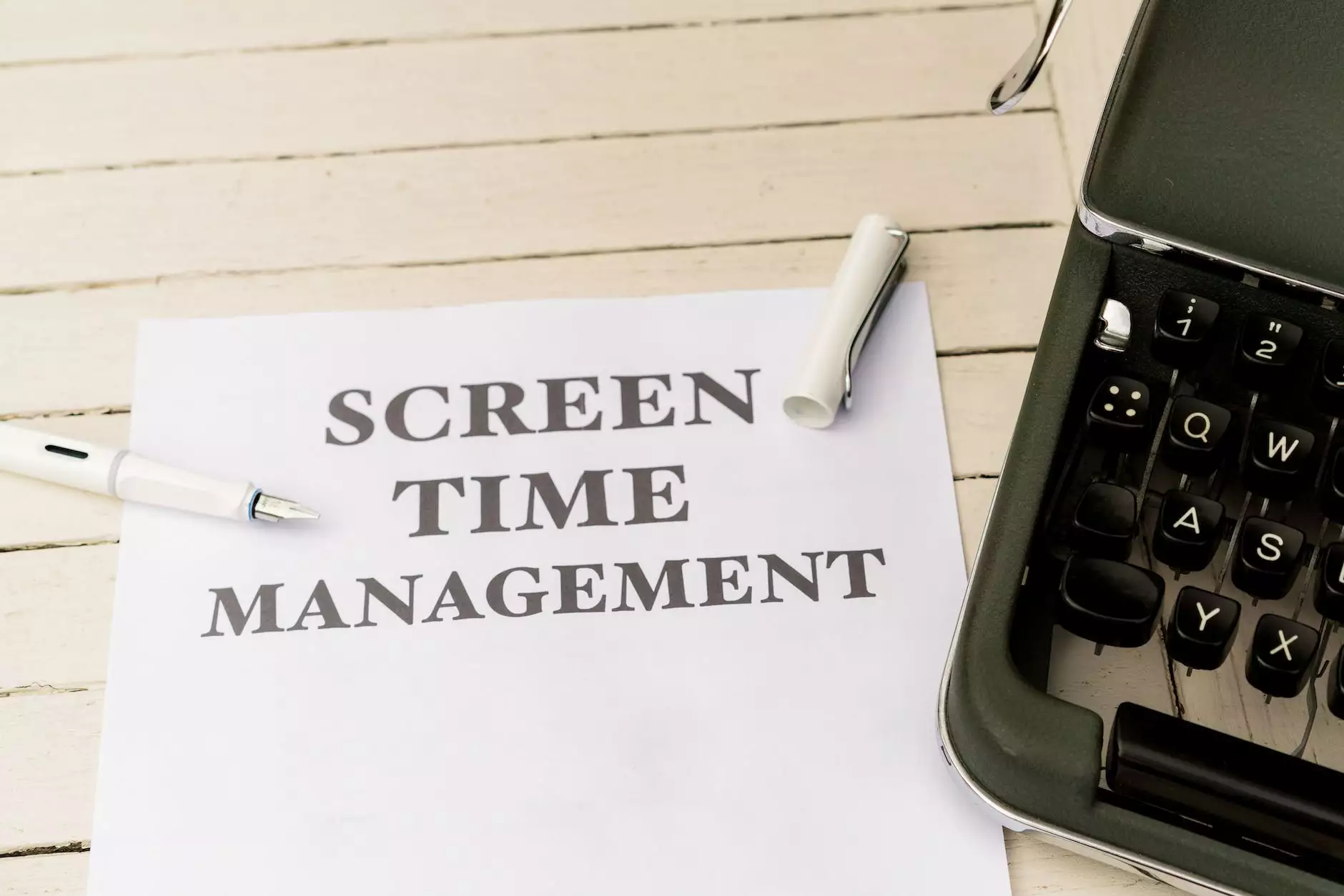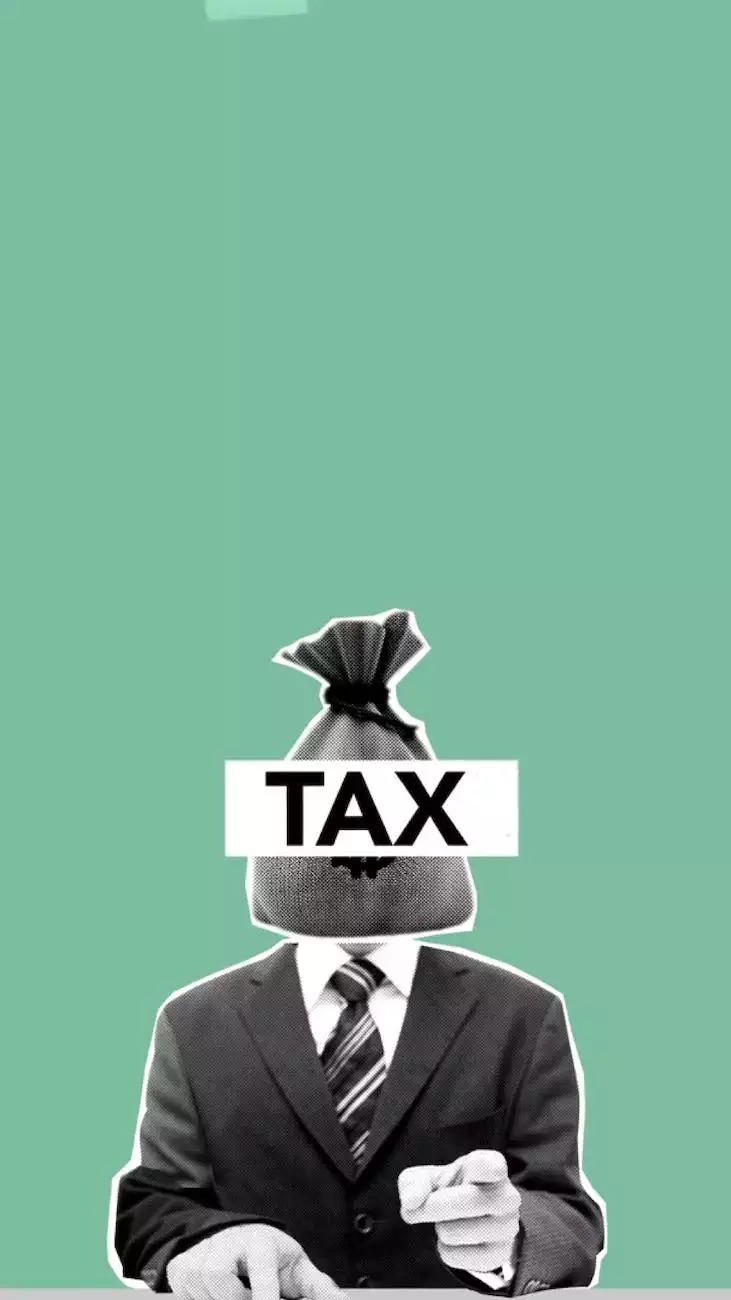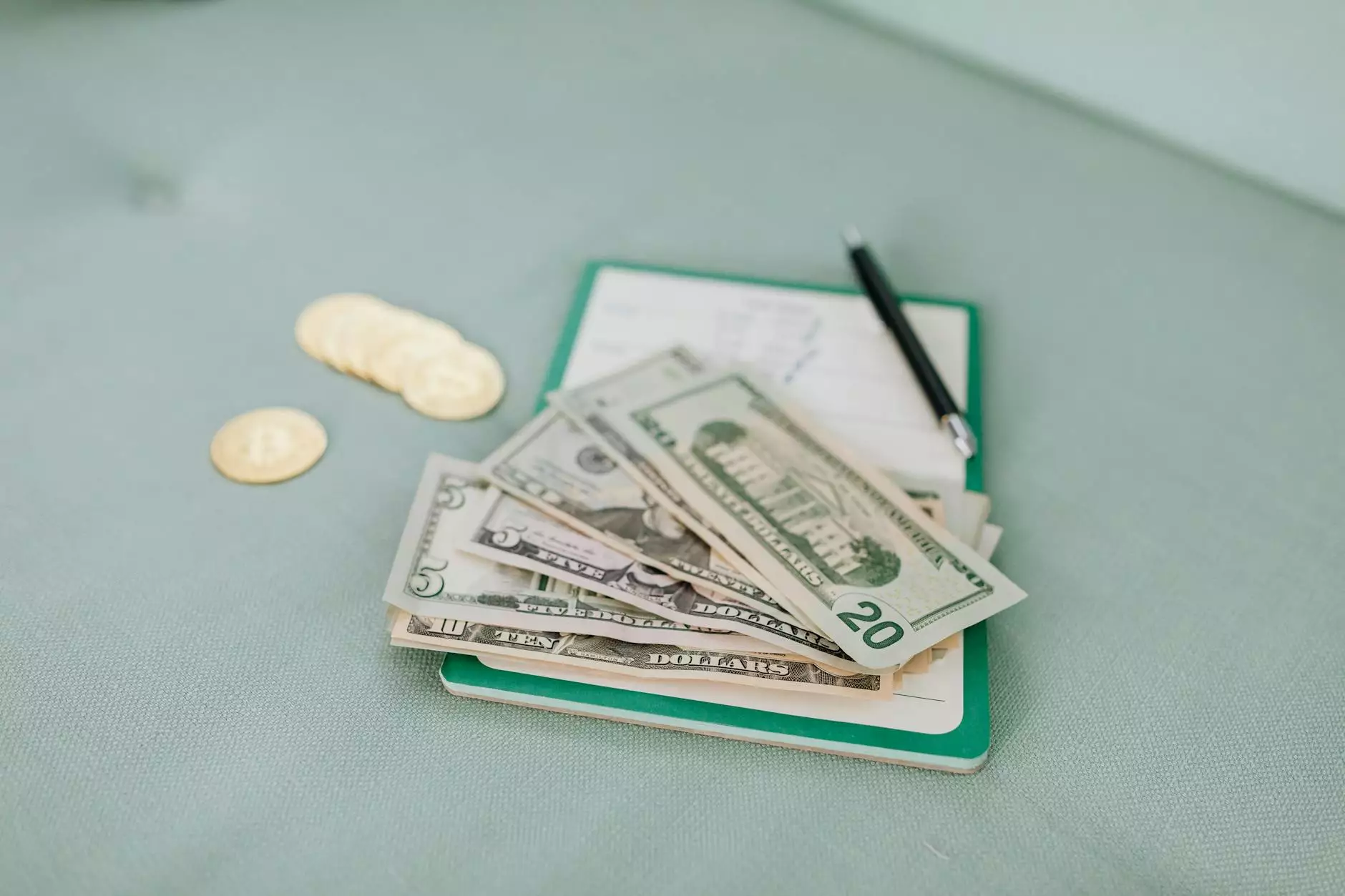How to Break Bad Money Habits

Introduction
Welcome to Social Service of America, your trusted resource for community and society philanthropy. We understand the importance of financial well-being and are here to provide you with expert advice on breaking bad money habits. In this comprehensive guide, we will explore effective strategies to help you manage your finances and achieve long-term financial stability.
Understanding Bad Money Habits
Before we dive into the strategies for breaking bad money habits, it's essential to understand what these habits are and how they can impact your financial health. Bad money habits refer to recurring patterns of behavior that hinder your ability to effectively manage your finances. These habits may include excessive spending, impulsive buying, procrastination in bill payments, lack of budgeting, and more. Identifying and addressing these habits is the first step towards financial freedom.
Assessing Your Current Financial Situation
Breaking bad money habits starts with a thorough assessment of your current financial situation. Take the time to review your income, expenses, debts, and savings. This assessment will help you identify areas where you may be overspending or neglecting important financial responsibilities. Consider using budgeting tools and financial apps to track your expenses and gain a clear understanding of your financial picture.
Creating a Realistic Budget
A well-planned budget is the foundation for financial success. Once you have assessed your current financial situation, it's time to create a realistic budget. Start by listing all your income sources and monthly expenses. Make sure to prioritize essential expenses such as housing, utilities, groceries, and debt payments. Allocate a portion of your income towards savings and emergency funds. Stick to your budget and track your progress regularly to ensure you are on the right track.
Identifying and Prioritizing Financial Goals
Breaking bad money habits becomes more manageable when you have clear financial goals in place. Take some time to identify short-term and long-term goals that you want to achieve. These goals can include paying off debts, saving for a down payment on a home, starting a retirement fund, or funding an education. Prioritize your goals based on their importance and create a plan to achieve them. Setting specific, measurable, achievable, relevant, and time-bound (SMART) goals will keep you motivated on your journey towards financial freedom.
Developing Healthy Spending Habits
One of the most critical aspects of breaking bad money habits is developing healthy spending habits. Start by distinguishing between your needs and wants. Prioritize essential expenses and avoid impulsive purchases. Consider implementing a "24-hour rule" for non-essential purchases. This rule encourages you to wait for at least 24 hours before making a buying decision, helping you differentiate between impulse and genuine need. Additionally, practice conscious spending by researching and comparing prices, utilizing discounts and coupons, and considering alternatives to expensive purchases.
Managing Debt Effectively
Debt can significantly hinder your financial well-being, making it crucial to manage it effectively. Start by creating a debt repayment plan. Prioritize debts with high-interest rates and focus on paying them off first while making minimum payments on other debts. Consider debt consolidation or refinancing options to lower interest rates and simplify your repayment process. Avoid taking on new debts unless absolutely necessary, and develop a strategy to live within your means while allocating extra funds towards debt repayment.
Building an Emergency Fund
An emergency fund acts as a safety net during unexpected financial crises. It helps you avoid falling back into bad money habits when faced with urgent expenses. Aim to save at least three to six months' worth of living expenses in your emergency fund. Start small by setting aside a portion of your income each month and gradually increase the amount over time. Keep your emergency fund separate from your daily spending accounts and avoid dipping into it for non-emergency purposes.
Seeking Professional Financial Guidance
If you find breaking bad money habits challenging or need additional support, don't hesitate to seek professional financial guidance. Social Service of America offers a wide range of resources and services designed to help individuals achieve financial stability. Our team of experts can provide personalized advice, financial planning assistance, and educational workshops to empower you on your journey towards financial freedom.
Conclusion
Breaking bad money habits is a transformative process that requires commitment and determination, but it is certainly achievable with the right strategies and mindset. By understanding your current financial situation, creating a realistic budget, setting clear financial goals, developing healthy spending habits, managing debt effectively, building an emergency fund, and seeking professional guidance when needed, you can take control of your finances and pave the way to a prosperous future. Remember, Social Service of America is here to support you every step of the way. Start breaking those bad money habits today and embark on the path to financial freedom!










